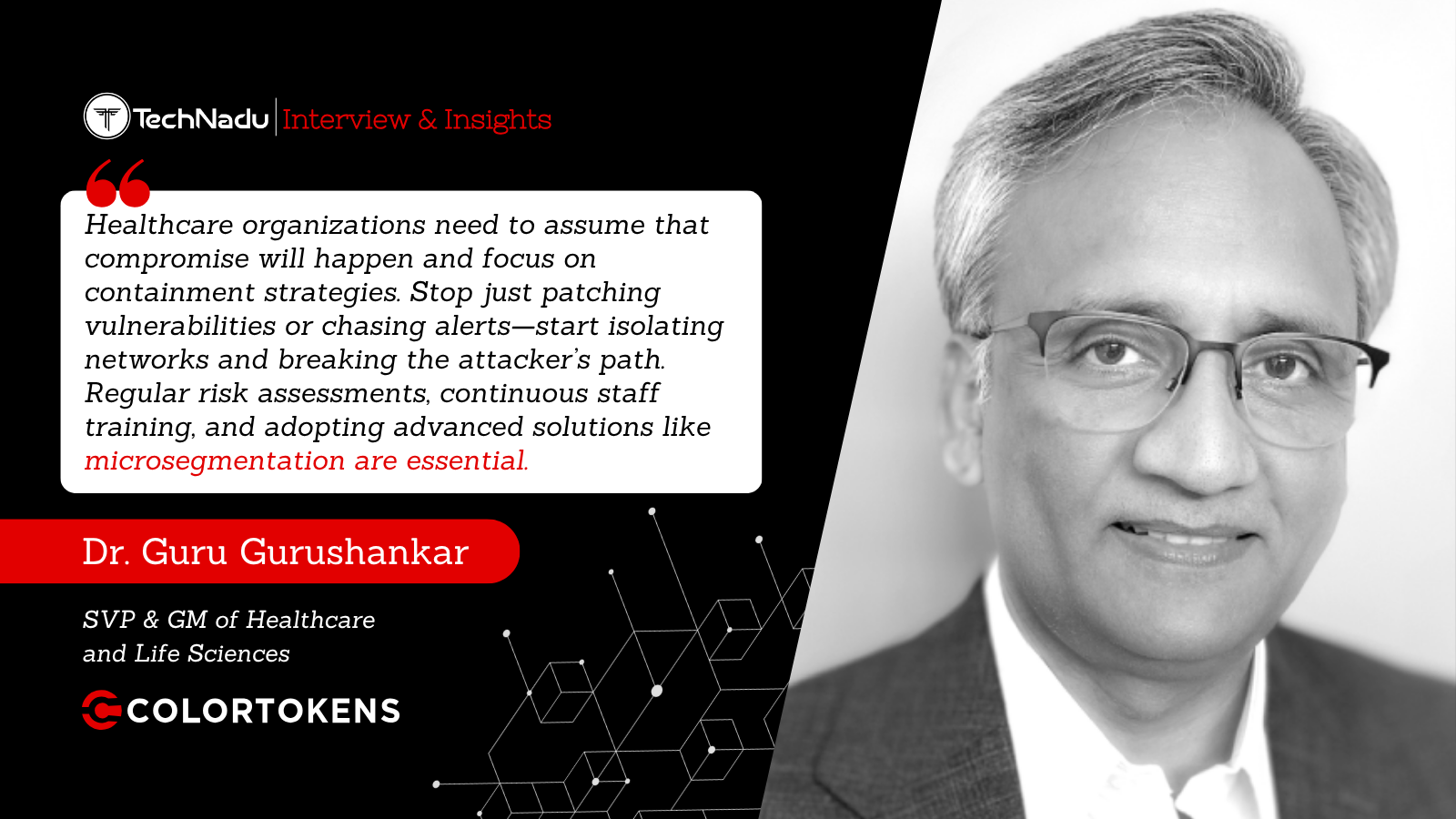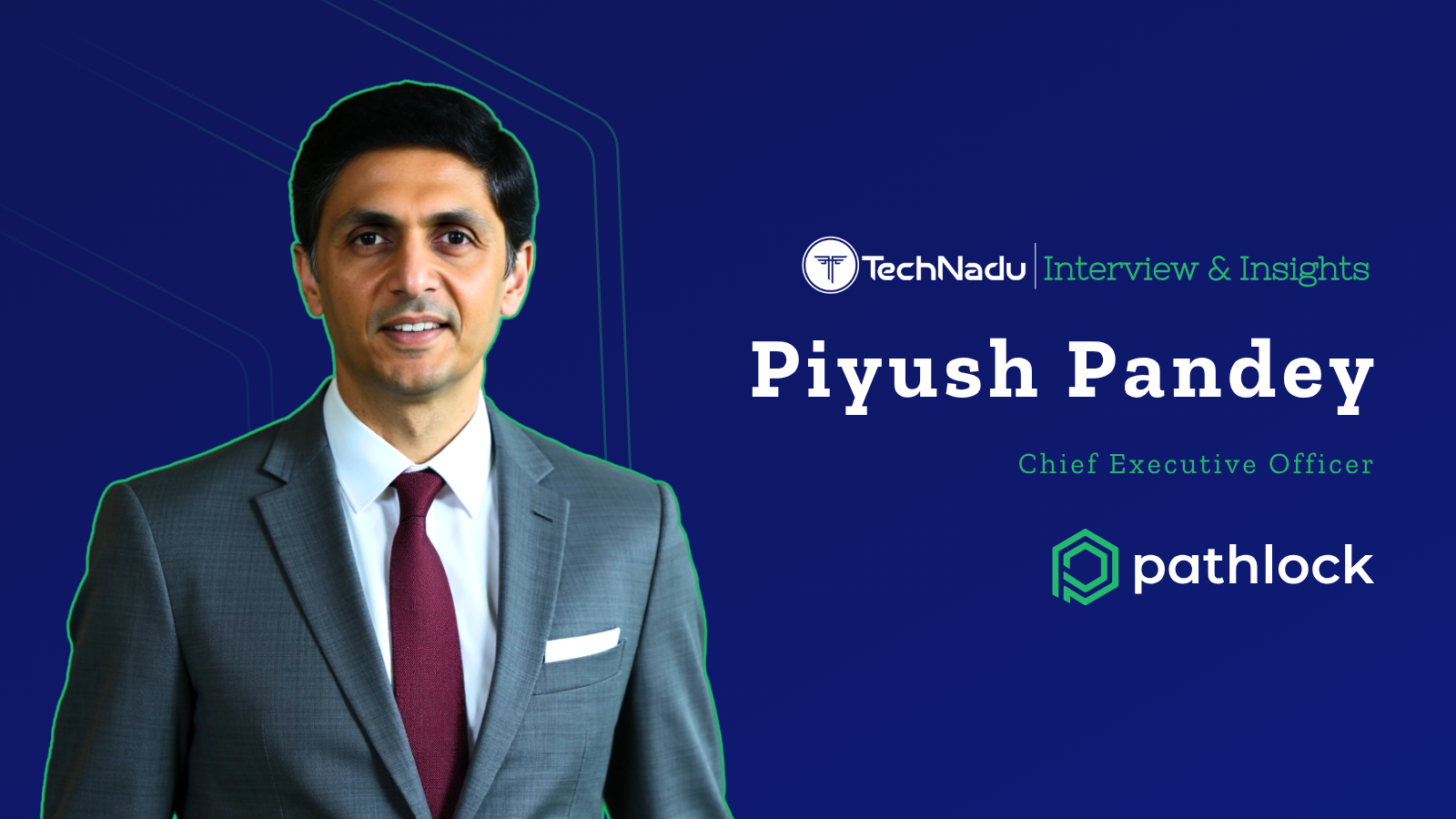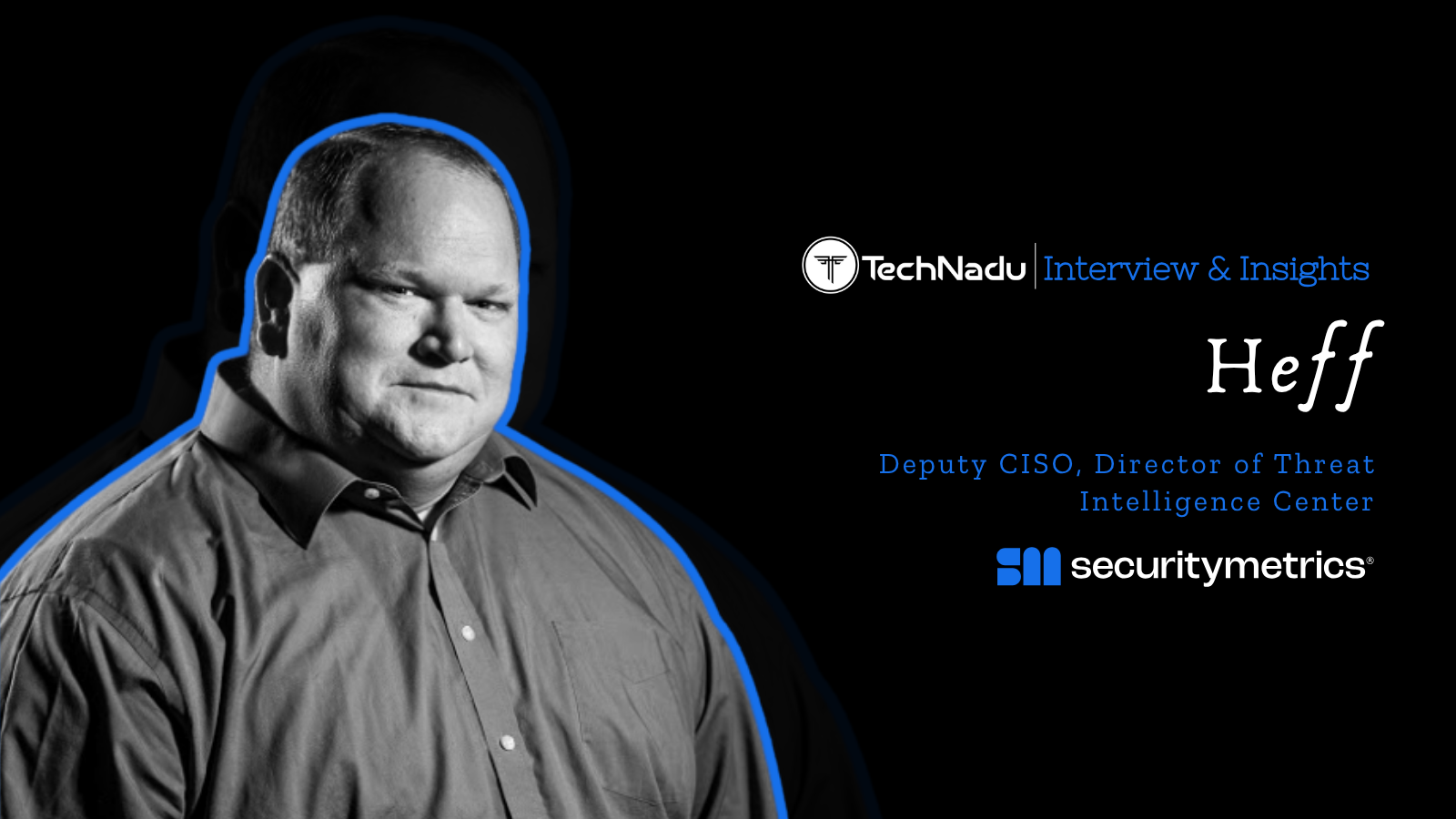
Rui Lopes, Panda Security: Do Your Research Before Buying IoT
After many years in the industry, Rui Lopes knows a thing or two about how to stay safe online and where the danger lies. Panda Security’s Director for Engineering and Technical Support talks about the company’s evolution and more.
In a quick interview, Lopes had with TechNadu; we discussed lots of topics. From password managers Panda Security is working on, helping out kids understand the importance of cybersecurity and keeping them safe online, how IoT can be a risk to our security, and more. Read on to see what Lopes has to say.
TechNadu: You’ve been with Panda Security for a really long time now, and you’ve climbed your way up. How has the company changed in the years since you’ve joined the company?
Rui Lopes: Ever since the company was founded nearly 30 years ago, we have consistently maintained our innovation DNA and have set numerous technical milestones in the sector. But perhaps our most impacting change has been the early delivery – a decade ago – of an entirely cloud-based protection approach and, with that, an extraordinary shift from “antivirus software” to IT Security Services.
Today, the development of advanced cybersecurity strategies and technologies is the core of our model. We are present in more than 80 countries, protect 10.5 million devices, and have 7.5 million users worldwide.
TechNadu: What about the security landscape? How have you felt that’s changed in the past decade, and what do you think we need to be more on-guard about next?
Rui Lopes: Since the mid-2000s, cyber-crime has been the main focus of malware, having caused an exponential growth in the amount of malicious software created with the specific intent of going undetected by cybersecurity solutions. Cybercriminals have become increasingly emboldened in their abilities to focus their efforts on the most profitable attacks, professionalizing their methods and using tactics to earn quick and easy money. And for this reason, companies have clearly become the favorite target of cybercriminals, increasing the number of advanced attacks directed at corporations.
One of the continued leading attack trends is live hacking. Although “traditional” types of malware, such as Trojans or worms, are still being used frequently by attackers, new malware-less attack techniques will grow at a faster rate. Not only is it harder to detect this kind of approach: cyber-offensive capacity is also increasing.
TechNadu: Panda Security offers solutions for both businesses and regular folks trying to stay safe online. What does your enterprise catalog encompass, and how do these tools help businesses?
Rui Lopes: Our corporate solutions integrate a range of products for the protection of endpoints, networks, email, and confidential information and for the management and control of IT systems. In addition, we have pioneered the combination of Endpoint Protection Platform and Endpoint Detection and Response systems in an advanced cybersecurity service we call Adaptive Defense 360, capable of monitoring, registering and classifying all active system software processes.
In essence, we remove the grey detection area of the so-called “suspicious” files and give absolute confidence to customers in executing (or not) computer applications. With zero false positives and zero false negatives.
TechNadu: When it comes to individual customers, you offer loads of useful tools - antivirus, VPN, parental control, device cleanup, and more. Which of these tools are the most attractive to customers?
Rui Lopes: The “antivirus”, that is, our anti-malware protection is the core feature pivoting all other offers in the home user space, encompassing also firewall, application control, and anti-ransomware protection.
The VPN feature is definitely a mention, as we see growing market demand for means to ensure privacy and safety when accessing internet content, particularly through public access media.
TechNadu: Tell me more about Panda Passwords, which is a tool you have under development. When will we see the product come online, and what sets it apart from other password managers?
Rui Lopes: What we call “cyberspace” keeps growing in size and complexity, and users are requested to manage more and more accounts and services from email platforms to social networks, music streaming, etc., and the need to create secure passwords is not trivial in practice. We are working on a multiplatform password management tool that will allow users to generate unique and secure passwords, while automatically filling them in websites. Users need to worry only about remembering the master key. There are indeed specific differentiators to our password management approach, which I will leave to be publicly unveiled in the near future.
TechNadu: There’s also the option of Panda Family for those who have kids. What can the tool do, and how does it protect our youngest family members? Are there are any tips you have for parents to help teach their kids the importance of online security and privacy?
Rui Lopes: Protecting kids from the dangers of the Internet is becoming more of a challenge. Access to inappropriate content is not the only threat we need to worry about; mobile device addiction problems and unauthorized online purchases by children are also increasingly common. We extend the scope of “parental control” to include features like real-time GPS tracking, tracking of lost or stolen devices, device and application controls, and also a “panic button” functionality for emergency geo-located alerts.
TechNadu: Your home user tools also offer control of devices connected to the Wi-Fi network, thus expanding to any IoT devices too. How do the tools handle the often lacking security protocols on these devices? Are there any additional steps the users need to take beyond powering up your apps?
Rui Lopes: The Internet of Things is definitely one of the most transformative innovations of our time, starting from the simple concept of interconnecting devices in a network to their ability to operate autonomously and effectively. Every single day thousands and thousands of completely new “objects” access the Internet, and according to data from the Gartner consulting firm, in 2020, some 20,000 million devices will be part of IoT. From integrated home systems to driverless cars, the full spectrum ranging from the ordinary to the extraordinary will be fully represented in the IoT for the coming years.
When buying a smart device, we usually recommend initial research for news about vulnerabilities related with the device(s) you have in mind; several experts are doing an excellent job in detecting security problems in products of this type. It also makes sense to assess the risks of having all devices online – e.g., is it worth having a vacuum cleaner connected to the Internet? Is the functionality/convenience really worth it, considering the potential for personal data access and other threats? Another key element is the home Wi-Fi network – we recommend home Wi-Fi network scans in order to determine which devices are connected and what is the level of security they offer. All of our home user products offer a specific feature set for Wi-Fi protection.
TechNadu: Talking about IoT and the dangerous security landscape that comes with these devices... Do you have any smart devices in your home, and how do you protect your data from potential intruders? What’s your advice for the less tech-savvy folks?
Rui Lopes: Educated choices (where possible) on smart devices with security in mind are key, but making sure to keep them properly updated and securing their network perimeter with proper firewall configuration are some of my basic concerns. Non-tech-savvy consumers find a professional that can help you with these as ideally, you should not do it by yourself.
TechNadu: Since your company runs such an extensive list of security tools, what are some of the most frequent dangers your clients encounter (as per your internal reports)?
Rui Lopes: The phishing and ransomware plagues, combined with crypto-jacking strategies and/or targeted hacking attacks, top the ranks of what we observe the most in our client base.
TechNadu: Panda Security also has a VPN tool. Many voices in the industry say that VPNs can play an important role in people’s security, beyond the privacy element. What’s your take on this?
Rui Lopes: As mentioned before, the VPN market is growing for a good reason, regardless if matters like provider trust bring their own challenges. Beyond privacy, these tools objectively help to strengthen the security around the potential risks involved with connecting devices to (ever prevalent) untrusted networks.
TechNadu: And finally... you’ve been with Panda Security for over 15 years, growing professionally. What’s one of the best advice you got over the years that you can pass on to our readers?
Rui Lopes: In a nutshell: either as an individual or as an institution, take cybersecurity seriously.












